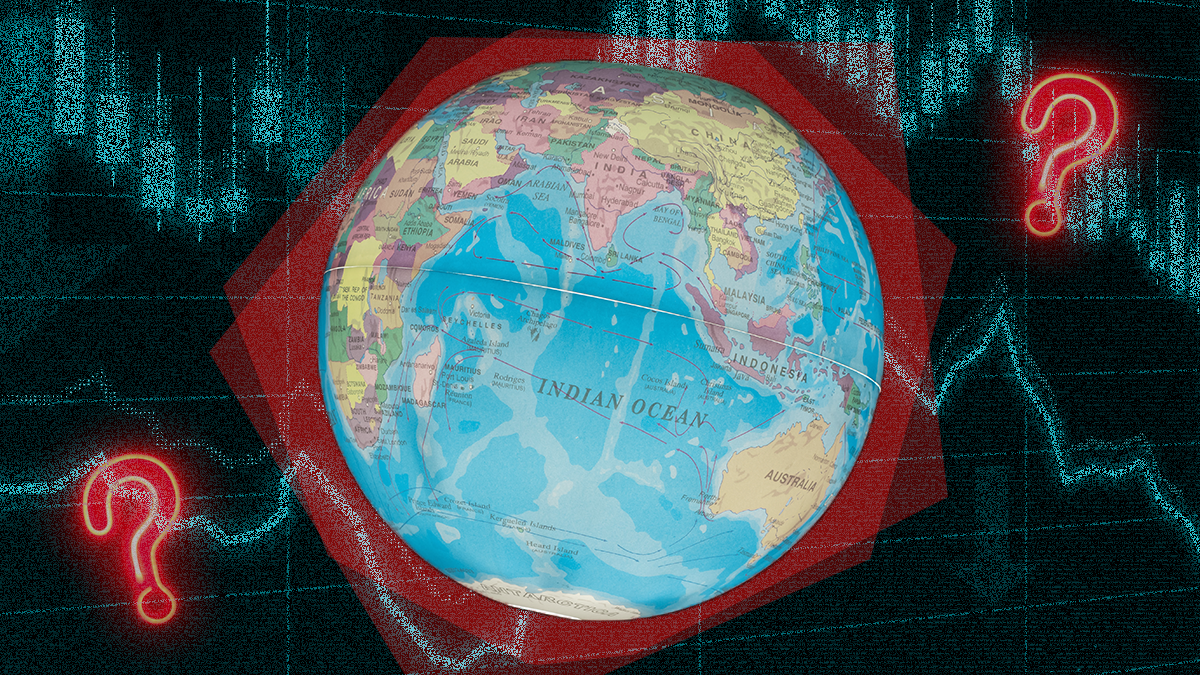The US economy grew 5.7% in 2021, the biggest annual growth rate in decades, yet at the beginning of 2022, less than a third of Americans thought it was strong. As the world confronts the converging crises of the lingering pandemic and war in Ukraine, inflation and skyrocketing prices are further contributing to feelings of financial insecurity around the globe.
The latest episode of Living Beyond Borders, a special podcast series from GZERO brought to you by Citi Private Bank, takes a look at why there is still reason for optimism, and what we can expect from US and global markets over the next year. Moderated by Shari Friedman, managing director of climate and sustainability at Eurasia Group, the discussion features David Bailin, chief investment officer and global head of investments at Citi Global Wealth, and Robert Kahn, director of global macroeconomics at Eurasia Group.
Russia’s war in Ukraine hasn’t done the global economy any favors. It has exacerbated the pandemic’s supply chain issues, reducing inventories worldwide. That dip, says Bailin, “distorted the economy further, and with that, inflation took off,” reaching a 40-year high that cracked consumer confidence.
And then came the economic sanctions … which, Kahn says, will likely work to reduce “global activity by three-quarters of a percent to 1% this year.” While that’s not enough to signal a recession in the US, it does mean Europe may suffer in the short term from recession, he adds.
Bailin believes the supply of oil, agricultural products and commodities will improve and meet up with demand in the coming months, signaling to consumers that inflation is coming back down. “That is going to be a brighter moment for the economy.”
In the meantime, consumer negativity is likely to have political implications – everywhere from Brazil to France to the United States. While Emmanuel Macron is expected to win in the second round of the French presidential election on Sunday, far-right candidate Marine Le Pen has done better than expected, largely by resonating with voters concerned by the rising cost of living. In Brazil, meanwhile, a battle is taking shape that will likely have candidates from the “populous ends of the spectrum,” current President Jair Bolsonaro and former President Luiz Inácio Lula da Silva, facing off, Kahn says. And in the US, concerns about the economy are expected to help deliver a win for Republicans in this autumn’s midterm elections.
Because inflation is seen as a localized experience, it puts pressure on politicians and central banks to change policies to address domestic fears. Europe’s 7.5% price growth in March, for example, is pressuring the European Central Bank to switch things up and raise rates, Kahn explains. But when policymakers react very strongly, that can act as a “drag on optimism about the economy on spending behavior.”
Both Bailin and Kahn worry that drastic policy changes could be detrimental. Today, family debts are down and savings are up in the US, which is “a sign of good policy,” says Bailin. But “if the Fed is too aggressive in its fight against inflation,” he says, it “could put the economy in jeopardy.” If it gets it right by raising rates reasonably, however, inflation starts to retract with an economic slowdown, evening out supply and demand.
To hear what Bailin and Kahn have to say about when the economy is likely to perk up, and how to approach the markets in the meantime, click here for the full discussion..
